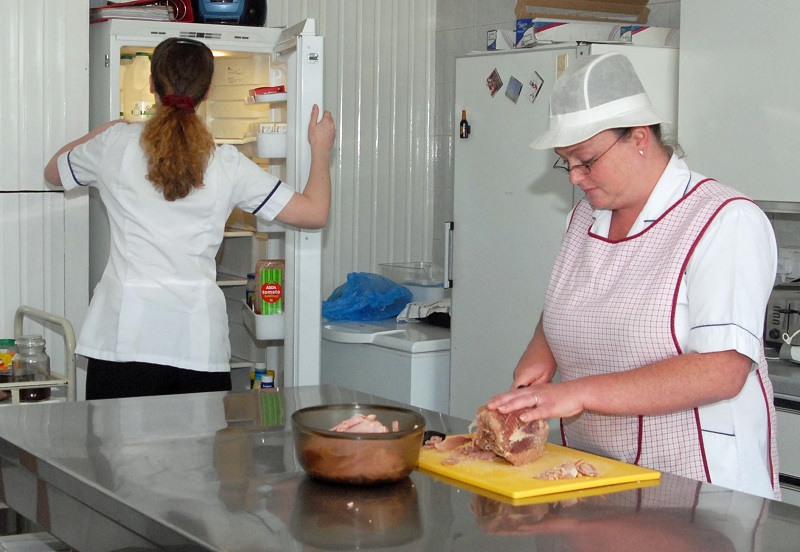 Economy
Economy 
In the first of a series on the challenges facing the next Assembly, Victoria Winckler looks at prosperity.
On most measures, Wales’ economy and labour market are struggling: below average GVA, below average employment rates, and below average wages. There are of course arguments about where to apportion blame for this state of affairs (take your pick from Thatcher’s cuts, the abolition of the WDA or global capitalism to name but a few), but neither the stats nor the state of most communities in Wales shriek prosperity.
And if this makes uncomfortable reading, the forecasts are even worse. Almost all independent analysts suggest that Wales’ output will continue to lag behind that of most other parts of the UK, with the economy’s weak performance being matched by slow growth in employment. And that is before factoring in the impact of the possible loss of steel jobs and output.
This sluggish performance, coupled with the forecast decline in semi- and unskilled occupations and the ongoing erosion of the terms and conditions of these jobs, will do little to reduce unemployment and low income, especially in Wales’ disadvantaged communities.
For people who are not in work, tax and benefit changes are expected to result in real terms cash reductions in household incomes of the poorest families by up to £50 a week. Hardly surprisingly, it is extremely likely that poverty levels, and in particular deep and persistent poverty, will rise towards the end of the decade.
The challenge facing the next Assembly is not just to find ways to increase GVA. It must also strengthen the economy and employment in ways which matter to ordinary people, such as decent work conditions and an income that enables people to enjoy life not just survive. If you doubt the need for a new approach, the headlines warning that another global financial crisis is around the corner, that yet more ‘disruptive technology’ is on the horizon and that further welfare reform is highly likely should be reminder enough.
The next Welsh Government will need to think through very carefully how it can address these challenges in the economy and labour market if prosperity is not only to increase but to be more evenly spread.
The evidence generated by JRF on what should be done to increase and spread prosperity suggests that there needs to be action to:
- strengthen local economies, through local regeneration and economic stimulus packages
- support for the Cinderella sectors such as care, retail and hospitality
- drive up pay through promotion of the (real) Living Wage
- make better use of public sector powers to create jobs including procurement
- provide good quality advice about benefits and employment rights
- create a new, integrated employment and skills strategy, which covers moving into work and progression at work
As the parties begin to launch their manifestos, it remains to be seen whether they have grasped the scale of the challenges ahead.
Victoria Winckler is Director of the Bevan Foundation. For further information about our work on Wales in 2020 click here.


